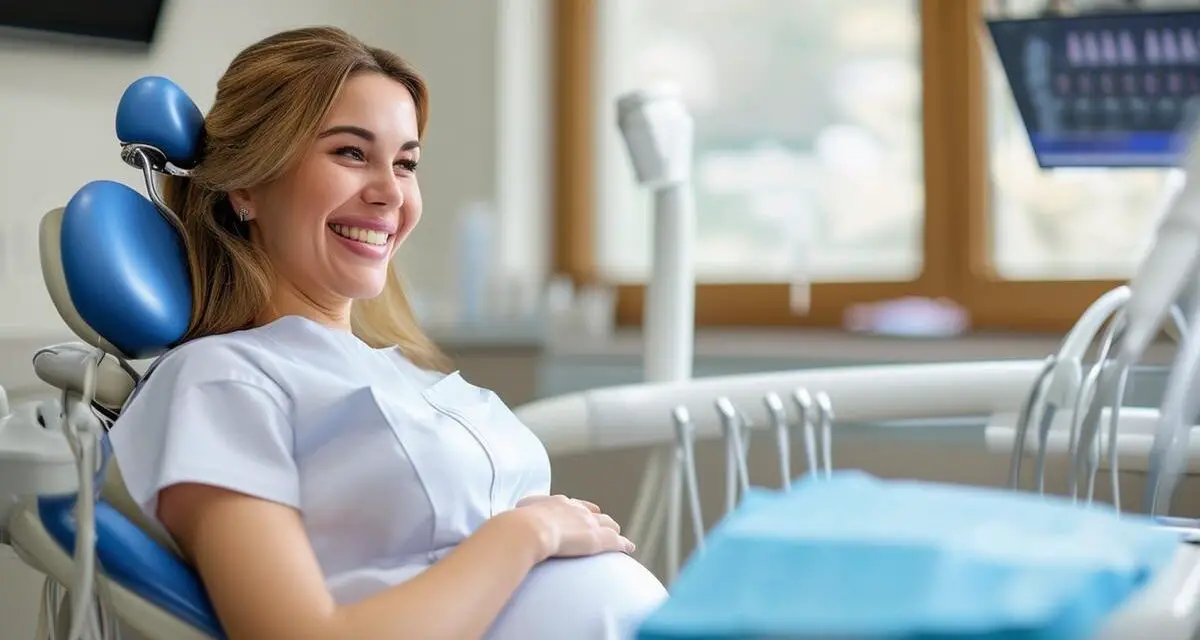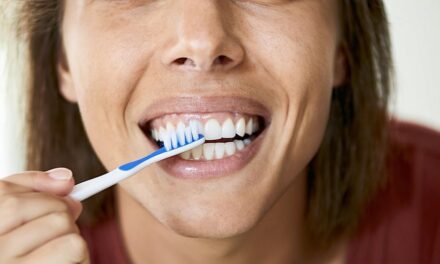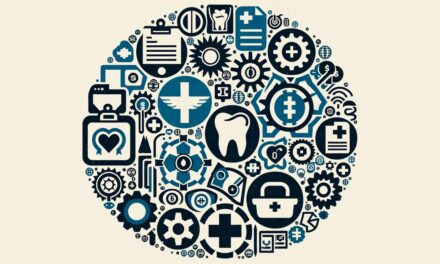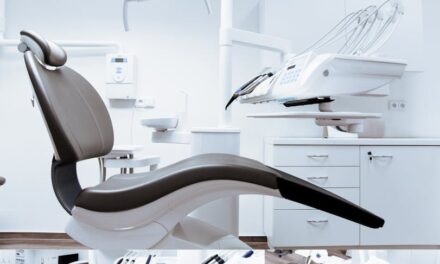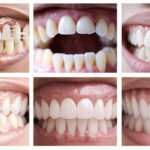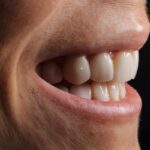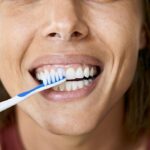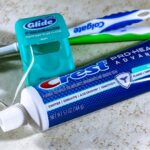Hormonal Changes and Dental Health
Hormonal changes during pregnancy significantly affect oral health. Elevated levels of progesterone and estrogen lead to increased gum sensitivity and alter saliva composition, heightening the risk of dental cavities. These hormones enlarge blood vessels in the gums, making them overly reactive to irritation from food or plaque, potentially leading to pregnancy gingivitis. If unchecked, this inflammation can evolve into periodontal disease.
Simultaneously, hormonal increases modify saliva production and composition, often leading to a dryer mouth. Reduced saliva flow impedes the natural washing away of food particles and bacteria, further increasing cavity risks. The acidic environment in the mouth is sometimes exacerbated by pregnancy-related issues such as morning sickness, as frequent vomiting introduces stomach acids into the mouth, compounding the risk of enamel erosion.
A proactive approach to oral hygiene during pregnancy is essential, including:
- Brushing at least twice a day with fluoride toothpaste
- Flossing daily
- Using an antiseptic mouthwash to help reduce plaque buildup
Regular dental visits for cleanings and checkups should continue to mitigate problems before they escalate. Taking these actions will protect your dental health during this critical time and safeguard the long-term well-being of you and your growing baby.
Impact of Eating Habits and Morning Sickness
Pregnancy cravings for sweets and carbohydrates have significant dental implications. Increased consumption of sugary snacks and drinks interacts with bacteria in plaque, producing acids that attack tooth enamel and accelerate cavity formation.
Frequent nausea and morning sickness contribute to poor oral hygiene. Repeated vomiting bathes the teeth in stomach acids, weakening tooth enamel. Some may not brush as frequently or thoroughly to avoid nausea, allowing plaque to build up more significantly.
To counteract these challenges, it’s vital to modify oral hygiene routines:
- Rinsing with water or a fluoride mouthwash after vomiting helps neutralize the acid’s harmful effects.
- Waiting about 30 minutes before brushing after a bout of sickness reduces the acid’s impact, as brushing too soon can spread the acid and enhance its erosive effects.
Consider healthy alternatives when cravings hit, such as cheese or yogurt, which can neutralize acids and aid in remineralizing your teeth. Maintain regular dental visits to ensure that any beginning stages of decay can be addressed promptly, protecting your oral health and supporting a healthy pregnancy journey.
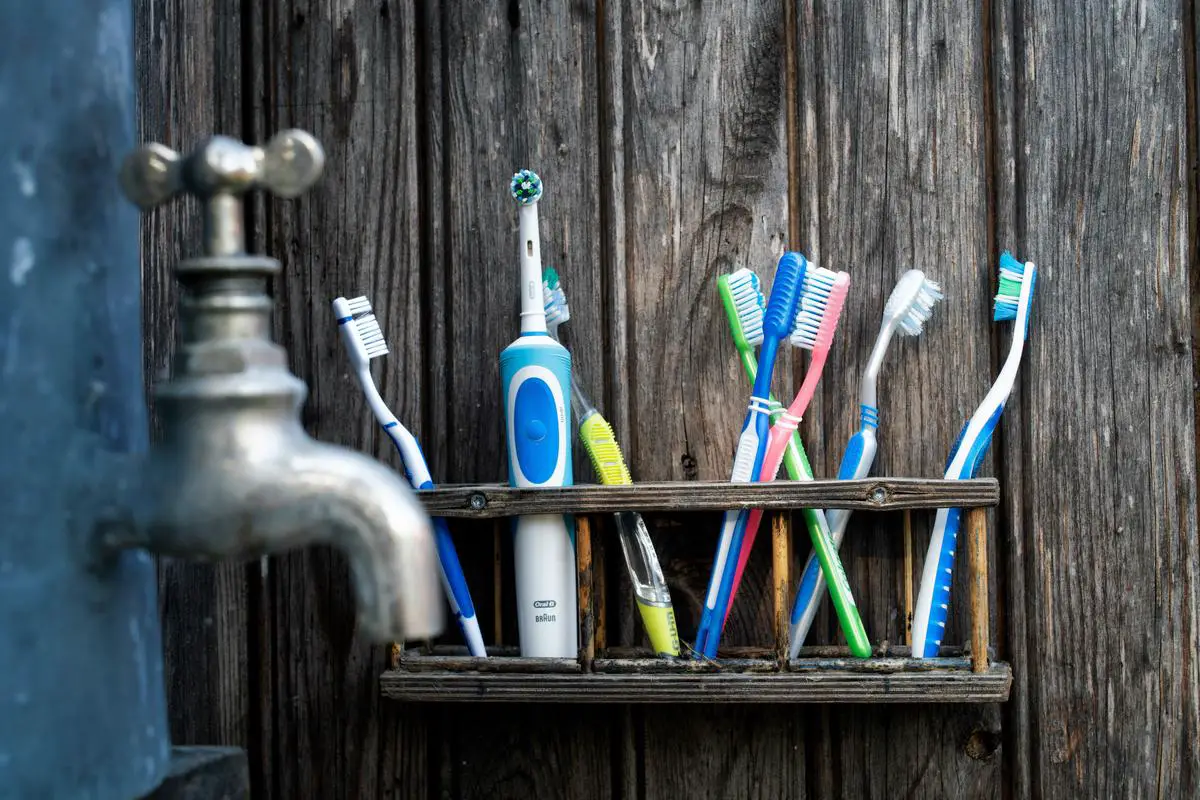
Photo by lagermannen on Unsplash
Dental Care and Safety During Pregnancy
Routine dental procedures and emergency care are generally safe and encouraged during pregnancy. Delaying necessary treatments may exacerbate dental problems, potentially leading to more invasive procedures later. Untreated dental issues can influence both your health and that of your baby.
Local anesthetics, such as lidocaine, are safe and effective during pregnancy, ensuring comfort during dental treatments.1 Always inform your dentist about your pregnancy to help them choose the safest options suited for your needs.
X-rays can be conducted safely with appropriate shielding. Your dentist will use a lead apron to cover your abdomen, reducing radiation exposure and protecting both you and the developing fetus.
In cases of acute dental emergencies, such as severe infection or trauma, seek immediate care. Emergency treatments aim to eliminate pain, halt tissue damage, and prevent the spread of infection, which could bear serious ramifications during pregnancy.
Don’t put off visiting your dentist out of uncertainty about the safety of procedures during pregnancy. Routine checkups enable dentists to catch possible issues early, conserving your dental wellness and ensuring you’re in better shape for your baby’s arrival.

Preventive Measures and Oral Hygiene Tips
To accommodate sensitivity and nausea during pregnancy, consider adjusting your daily oral hygiene regimen. Opting for a bland or unflavored toothpaste can reduce nausea triggered by strong flavors. If your regular toothpaste turns your stomach, switch to a milder option temporarily.
Keep a mixture of baking soda and water handy to rinse your mouth after episodes of morning sickness. This solution helps neutralize stomach acids, preventing enamel erosion.
Mix one teaspoon of baking soda into a cup of water for a gentle, effective rinse.
Flossing becomes more important during pregnancy, as hormonal changes make gums more susceptible to plaque buildup and inflammation. If traditional flossing causes discomfort or bleeding, consider using a water flosser or soft picks designed to be gentle on sensitive gums.
Investing in an ultra-soft toothbrush can help alleviate discomfort from increased gum sensitivity. Brush gently but thoroughly, paying extra attention to the gumline where plaque tends to accumulate.
Visiting your dentist for regular cleanings and checkups is critical during pregnancy for addressing issues and receiving customized advice. Your dentist can provide tips and products to manage sensitivity and prevent dental problems.
Emphasize hydration by drinking plenty of water throughout the day to rinse away food particles and sugars from the teeth, reducing the risk of cavities and maintaining saliva production.
Remember, everything you do to care for your dental health during pregnancy benefits both you and your child. Regular, thoughtful oral care practices, coupled with professional guidance, will ensure that your smile remains bright and healthy throughout your pregnancy and beyond.

